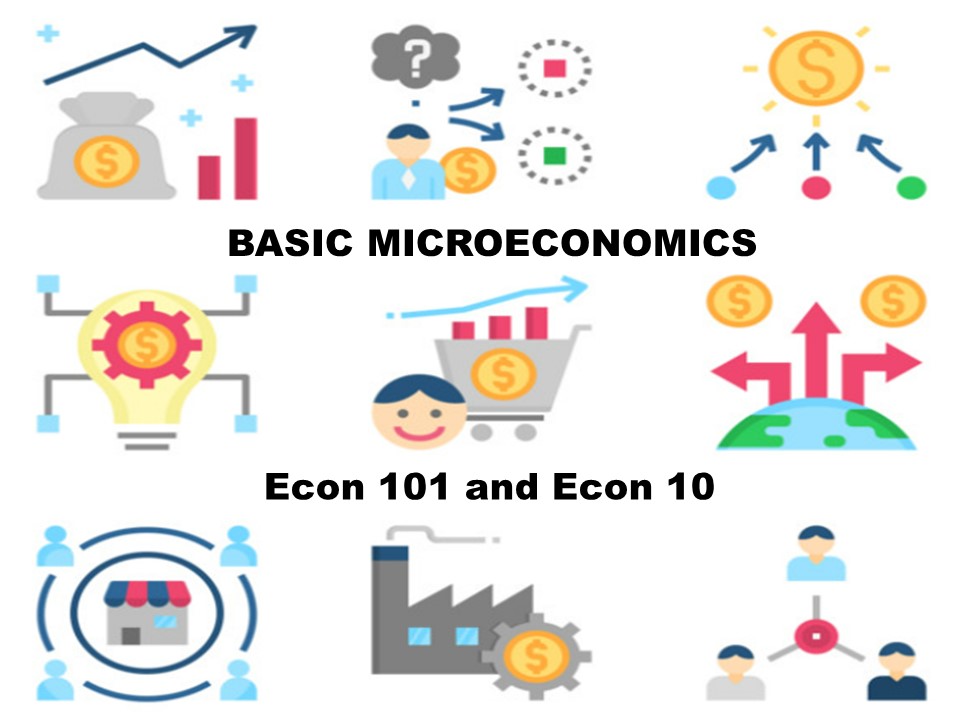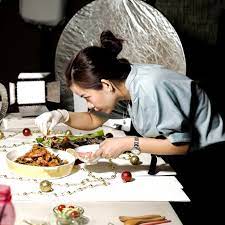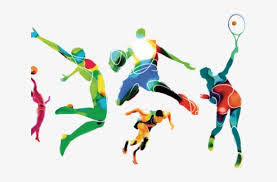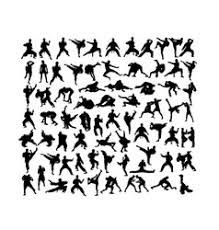Search results: 3380
The student will develop knowledge, skills and values on the basic principles of personal hygiene, food safety and sanitation as applied in tourism and hospitality industry. Topics included the following: compliance with workplace hygiene procedures, establishment and maintenance of a safe and secure workplace. Implementation of occupational health and safety procedures and performing basic first aid procedures.
(CMO No. 62 Series of 2017 pg. 50 and 51)
- Teacher: JOHN MICHAEL IBARRA
- Enrolled students: 37
Ethics deals with the principles of ethical behavior in modern society both in personal and societal level and in interaction with the environment and other shared resources (CMO 20 s 2013).
The course attempts to lay the grounding principles of ethics by leading students in the analysis of human experience and linking to the elements of ethical dimension.
It also introduces and equips students with the various classical ethical frameworks such as utilitarianism, natural law, deontology and virtue ethics where each frameworks embed set of values for students to examine. The course guides students through the analysis and evaluation of the strengths and weaknesses of the various ethical frameworks and their value to human life and society for the purpose of enabling them to make informed moral decisions and judgments on significant moral concerns.
- Teacher: Felipe Nantes
- Enrolled students: 55
PATH FIT 1 offered to college students provides knowledge on health and fitness activities. Part 1 presents legal bases that discusses why it is part of the curriculum. It also introduces the concept of Physical Education and of fitness and its relevance to wellness development and culminates with fitness testing. Part II deals with movement enhancement that involves the understanding of scientific basic movement and specific movement patterns. Health education and importance of nutrition are also included. Part III consists of Exercises Program that starts from warm-up exercises to cool-down exercises. Part IV deals with Aerobic exercise activities. These activities exert low to high intensity of movement exercises accompanied with music which test student’s endurance, power, and flexibility in all action. With these variety of skills, one will be more knowledgeable as to how continued fitness be achieved throughout one’s lifetime
- Teacher: RONDA NAVALTA
- Teacher: Judy Ann Pocquias
- Enrolled students: 45
The student will develop knowledge, skills and values on the basic principles of personal hygiene, food safety and sanitation as applied in tourism and hospitality industry. Topics included the following: compliance with workplace hygiene procedures, establishment and maintenance of a safe and secure workplace. Implementation of occupational health and safety procedures and performing basic first aid procedures.
(CMO No. 62 Series of 2017 pg. 50 and 51)
- Teacher: JOHN MICHAEL IBARRA
- Enrolled students: 44
- Teacher: LYSEL HALOC
- Enrolled students: 46
- Teacher: ROBERT ACERET
- Enrolled students: 46
This course is a study of life, works and writings of Dr. Jose Rizal, the country’s foremost national hero. Included in the course are his significant thoughts, ideas, novels, poems and essays which had a profound impact in his development as a person and as a hero and how these noble and lofty thoughts raised the national consciousness of the Filipinos. Pivotal in the lessons are discussions of his nationalistic aspirations.
As mandated by Republic Act 1425, this course covers the life and works of the country's national hero, Jose Rizal, Among the topics covered are Rizal's biography and his writings, particularly the novels Noli Me Tangere and El Filibusterismo, some of his essays, and various correspondences.
- Teacher: Diwata Donato
- Enrolled students: 41
Applied Business Technologies focuses on integrating advanced software features commonly used in business. This course is designed for students interested in learning about collaboration, digital communication, and customization of presentation software to create, edit, and manage business documents, using advanced features of word processing, spreadsheet, and database applications. Topics also include multimedia elements such as creating and manipulating images, graphics, videos, and animations. Applied Business Technologies is designed to improve students’ transferable skills, which will increase their success in the business world.
- Teacher: Windell Marie Colobong
- Enrolled students: 31
Applied Business Technologies focuses on integrating advanced software features commonly used in business. This course is designed for students interested in learning about collaboration, digital communication, and customization of presentation software to create, edit, and manage business documents, using advanced features of word processing, spreadsheet, and database applications. Topics also include multimedia elements such as creating and manipulating images, graphics, videos, and animations. Applied Business Technologies is designed to improve students’ transferable skills, which will increase their success in the business world.
- Teacher: Windell Marie Colobong
- Enrolled students: 6
- Teacher: Catalina Acpal
- Enrolled students: 20
The course introduces students to the knowledge and skills necessary to food styling techniques and to make the food look attractive in the finished photograph. Topics include the areas of hot and cold foods, location and studio setups, and advertising and editorial differences. The workings of the food studio and the interaction between photographer and food stylist are presented through lecture and laboratory demonstration. The main difference between how a home cook or chef may present food and what a stylist does is the time and effort a stylist takes to carefully and artfully arrange the food. Also required is the visual know how, and ability to translate the perception of taste, aroma and appeal that one gets from an actual dish, to a two-dimensional photograph.
COURSE
LEARNING OUTCOMES Upon completion of this
course the student should be able to: ·
Composition for food styling, and design ·
Using different ornaments,
garnish, sauces and cooking techniques for food styling and design ·
Composition of food
presentation with photography ·
Using backgrounds in food
photography. Android/smart mobile phone photography techniques ·
Best practices for lighting,
food photography ·
Shooting on location for food
photography ·
Special equipment needed for food
photography ·
Various markets places for
food photographers ·
Working with a food stylist,
the relationship ·
Understanding food prep for
photography ·
Create professional quality
food photography ·
Presentation of work to the
food photography industry
- Teacher: JOHN MICHAEL IBARRA
- Enrolled students: 33
The course introduces students to the knowledge and skills necessary to food styling techniques and to make the food look attractive in the finished photograph. Topics include the areas of hot and cold foods, location and studio setups, and advertising and editorial differences. The workings of the food studio and the interaction between photographer and food stylist are presented through lecture and laboratory demonstration. The main difference between how a home cook or chef may present food and what a stylist does is the time and effort a stylist takes to carefully and artfully arrange the food. Also required is the visual know how, and ability to translate the perception of taste, aroma and appeal that one gets from an actual dish, to a two-dimensional photograph.
COURSE LEARNING OUTCOMES
Upon completion of this course the student should be able to:
· Composition for food styling, and design
· Using different ornaments, garnish, sauces and cooking techniques for food styling and design
· Composition of food presentation with photography
· Using backgrounds in food photography. Android/smart mobile phone photography techniques
· Best practices for lighting, food photography
· Shooting on location for food photography
· Special equipment needed for food photography
· Various markets places for food photographers
· Working with a food stylist, the relationship
· Understanding food prep for photography
· Create professional quality food photography
· Presentation of work to the food photography industry
- Teacher: JOHN MICHAEL IBARRA
- Enrolled students: 33
- Enrolled students: 1
- Teacher: ROBERT ACERET
- Enrolled students: 49
This course deals with the learning of the basic skills, rules of the discipline and their application in actual game. It presents the application of techniques and strategies with regard to fighting forms, stance and posture, footwork, defense and disarming techniques. The characteristics and principles of a good fighter are also discussed here. Students are expected to gain the competency skills of the combative sports being covered
- Teacher: RONDA NAVALTA
- Enrolled students: 42
This course is examines the principles of conceptualizing, planning, managing and evaluating events, conferences, meetings, festivals and other such special activities. Topics include the significance of conventions and events in tourism. Lessons include discussions on event conceptualizing, event design, project/event management, methods of monitoring and evaluation, physical requirements, organizing, promotions, sponsorships and handling the financial aspects of such tasks. The will give the students the skills and knowledge to develop business strategies to get MICE Business and retain the clients, as well as to identify, understand and overcome the intricate challenges of collective supplier management and engagement. This is an integration course that applies all the principles of management and foundation tourism courses.
(CMO No. 62 Series of 2017 pg. 55)
- Teacher: JOHN MICHAEL IBARRA
- Enrolled students: 45
This course is examines the principles of conceptualizing, planning, managing and evaluating events, conferences, meetings, festivals and other such special activities. Topics include the significance of conventions and events in tourism. Lessons include discussions on event conceptualizing, event design, project/event management, methods of monitoring and evaluation, physical requirements, organizing, promotions, sponsorships and handling the financial aspects of such tasks. The will give the students the skills and knowledge to develop business strategies to get MICE Business and retain the clients, as well as to identify, understand and overcome the intricate challenges of collective supplier management and engagement. This is an integration course that applies all the principles of management and foundation tourism courses.
(CMO No. 62 Series of 2017 pg. 55)
- Teacher: JOHN MICHAEL IBARRA
- Enrolled students: 45
This course introduces students to the contemporary world by examining the multifaceted phenomenon of globalization. Using the various disciplines of the social sciences, it examines the economic, social, political, technological, and other transformations that have created an increasing awareness of the interconnectedness of peoples and places around the globe. To this end, the course provides an overview of the various debates in global governance, development, and sustainability. Beyond exposing the student to the world outside the Philippines, it seeks to inculcate a sense of global citizenship and global ethical responsibility.
- Teacher: Diwata Donato
- Enrolled students: 51
















